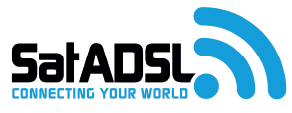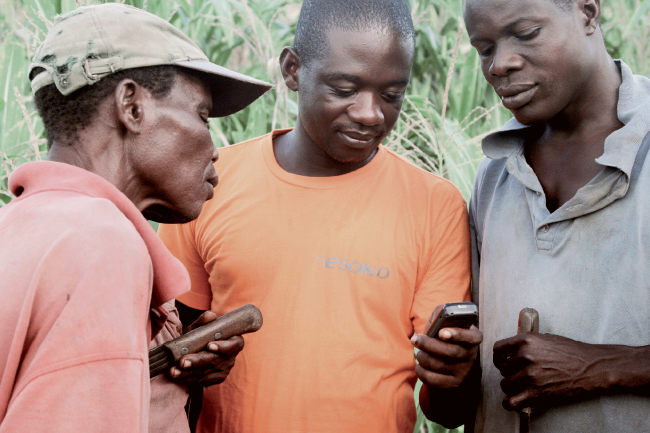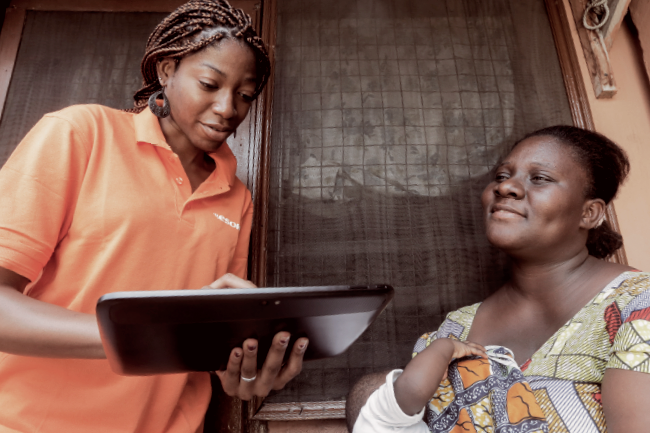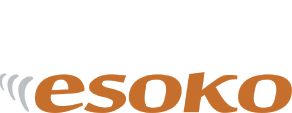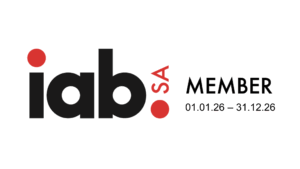Having recently announced agreements with the likes of Marlink, Talia, CETel and Avanti, SatADSL is a rapidly-growing company that is wholly committed to delivering cost-effective, high-quality connectivity across the globe. Ahead of AfricaCom 2018, SatADSL co-founder and chief operations officer Caroline de Vos provides insight into the market and the unique approach the company has brought to the satellite industry.
Q: As a satellite service provider, what are some of the challenges the company faces?
A: As a company that was founded in 2011, we are fortunate to be in a position today where we have overcome many of our challenges. We have done this by being flexible; solution-minded – and, as a result we are now growing quickly.
In fact, we have just announced a global service offering. This success has come because we interconnect hubs and offer our service upstream to operators, such as teleport operators and satellite operators, on a platform-as-a-service basis.
This is new, as we previously concentrated our business downstream the value-chain to internet service providers (ISPs) and end-user customers. Although SatADSL still tackles the end-user market, the change of focus to upstreaming our services means we can now work with operators, to allow us to have a bigger reach within the market.
What remains a constant consideration for us, however, is the price of equipment, especially for end users in emerging regions such as Africa and Latin America. This – along with connecting moving devices – remains a challenge, and we believe it is incredibly important for quality equipment to come down in price if we are to be successful in delivering ubiquitous connectivity.
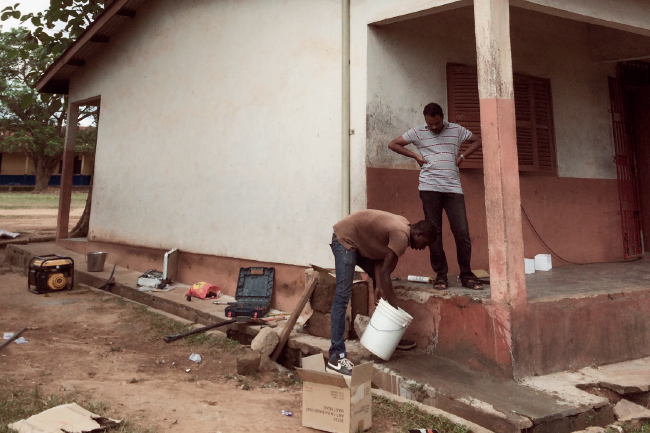
Q: SatADSL recently announced agreements with Marlink and Talia, among others. What do these partnerships bring to your value proposition and to your customers?
A: To give a little bit of history, when we founded SatADSL, we operated as a service provider and bought capacity from satellite operators, which we then re-sold as a service with value-add features to end users through ISPs. Throughout this time, we remained very flexible in what we could provide in terms of new features and services via our cloud-based service-delivery platform (C-SDP), with functionalities such as voucher systems, hot spots, a full monitoring system and traffic enhancements, making it a very attractive offering for satellite and teleport operators.
When we reached this point, we did not want to sell the platform or sell licences to use it. Instead, we decided the most effective way we could share the benefits of the C-SDP was to enter into partnerships with operators – enabling them to use the C-SDP and offer the services it enables, while allowing us to connect to their teleport to widen our reach/bandwidth offering.
This is a completely new approach in the satellite industry and it opens up both parties’ markets without the need for upfront investment which is a huge advantage in today’s current economic climate.
An example is our agreement with Marlink, that lets us link directly to its teleports and installed technology to provide high-bandwidth C- and Ku-band VSAT services across its coverage footprint, giving us a global presence. Marlink will also use the C-SDP to extend voucher-based and congestion-based services to customers, expanding its technology-leading portfolio of business-critical solutions.

Q: How does SatADSL stay ahead of the game in the competitive satellite services sector?
A: In a word, ‘flexibility’. The unique way in which we are interconnecting hubs and teleports means there is increased competition in the market, and this means there is greater pressure for the price of services to be competitive, making broadband more affordable, even in emerging regions.
Being able to offer affordable services ourselves is also a key differentiator for SatADSL, as the fact that we can provide additional capacity without upfront investment – such as the purchasing of a hub – means we can offer services of the same quality at a lower cost.
Q: There has been a lot of talk about Africa and ending the digital divide. Are we getting closer to this?
A: Yes, definitely, especially with the offering of Ka-band services on Avanti, for example, to which SatADSL’s platform is connected.
We have 78 partners across Africa and they have been waiting for us to offer Ka-band services, which we can now do because we are also interconnecting with Avanti’s hubs on HYLAS 4 and HYLAS 2. In addition to this, our online payment features and voucher-based services help us to provide simpler, more flexible payment schemes for our customers.
Additionally, we are starting to talk to mobile network operators and telcos in Africa about how we can provide them with a solution to enable backhauling and last mile solutions using satellite applications without CAPEX.
This next step means that even mobile internet connectivity could be addressed by VSAT services from SatADSL and our partners in remote areas where terrestrial solutions are not available or fully reliable.

